During load cell calibration, a device with a standard measurement is attached to the transducer. Its reading is compared to the reading of the load cell; ideally, both the calibrating device and the transducer will have the same measurement. If not, the operator makes the necessary changes and adjustments before measuring again to ensure that the values are identical. Read More…
Custom Calibration specializes in on-site and laboratory calibration which will keep costly equipment downtime to a minimum and maximize your overall productivity. We have over 30 years of experience providing calibration services for mechanical, dimensional, scale, torque, humidity, and many more applications. Our company’s mission is to achieve total customer satisfaction by providing prompt, ...
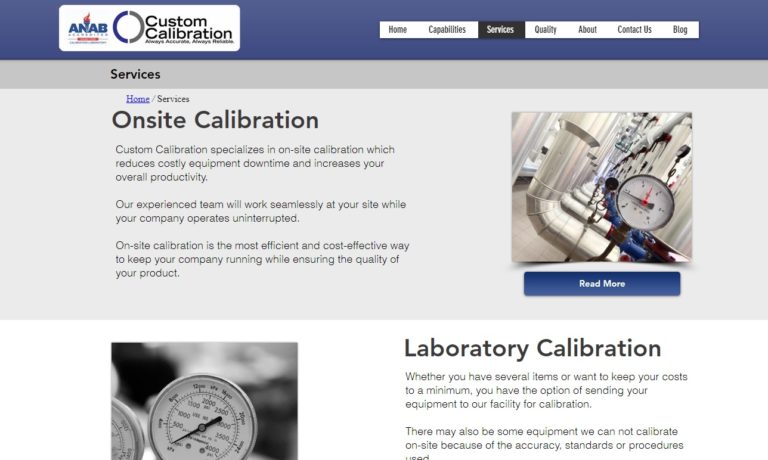
ISO/IEC 17025:2017 & ANSI/NCSL Z540.3 Accredited Laboratory. Electronic, dimensional, physical and thermodynamic calibrations performed onsite and in our lab. Professional ASQ Certified Calibration Technicians. We support the manufacturing and service sectors including; aerospace, automotive, chemical, electronic equipment, energy, food, industrial, machinery, medical, metal, military, nuclear,...
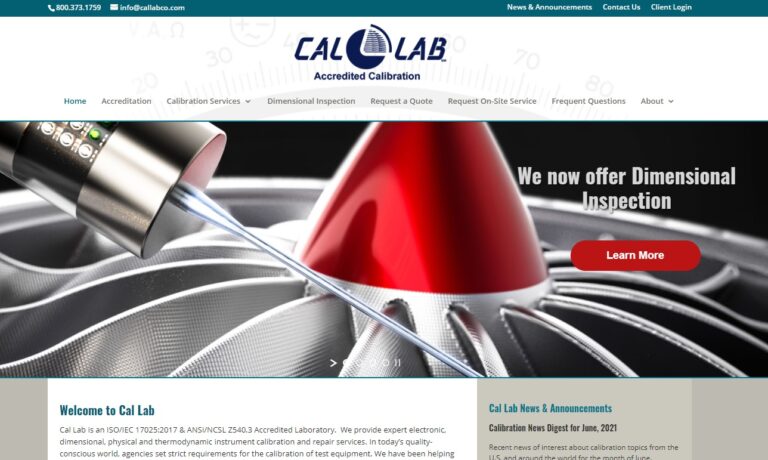
Continental Testing specializes in calibration, repairs, and testing services for the aviation industry. We have dimensional, electrical, lighting, physical, chemistry, and avionics testing capabilities. We offer on-site testing in at least 30 states and provide expert services in aviation, railroad, plumbing, electronics, tool & die, and construction sectors.
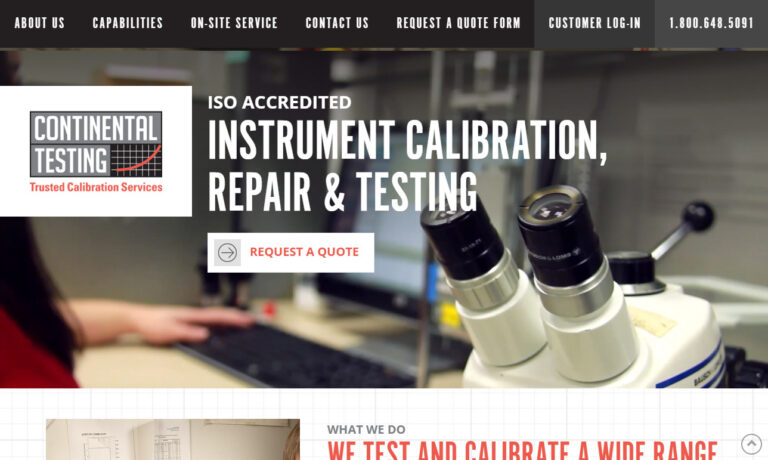
IN-CAL™ is a leading provider of calibrating services. Our comprehensive list of calibration services includes electronic calibration and mechanical calibration. Our services are available as on-site calibration and in-house calibration. We are ISO 10012-1 and ANSI/NCSL Z 540-1-1994 compliant.
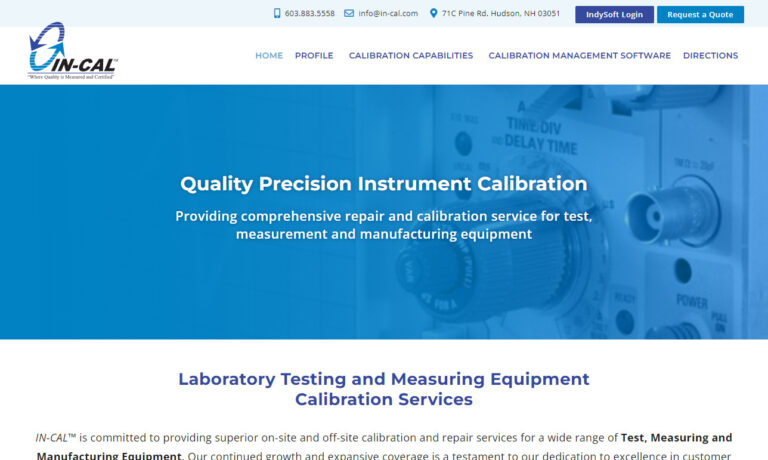
In a world where precision is paramount, Constellation PowerLabs stands as a beacon of trust, offering calibration services that transcend mere measurements. We are a partner in progress, working hand-in-hand with organizations to enhance their operations through the lens of accuracy, quality, and reliability. When you choose Constellation PowerLabs, you choose a steadfast commitment to...

Sierra provides accurate calibration services for mass flow meters and controllers, insertion thermal flow meters, vortex, and ultrasonic flow meters. With more than 40 years of expertise in gas, air, or liquid flow calibration, you can count on our team to make sure your flow meter operates with efficiency and pinpoint accuracy. We believe in providing personalized and customized service, and...
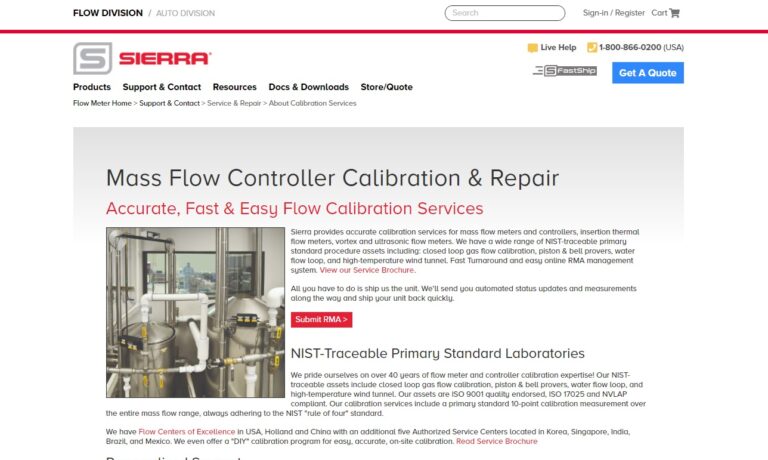
Grand Rapids Metrology is Michigan’s premier source for measurement and weighing solutions! Our dedicated service team offers an industry-leading scope of capabilities from ISO 17025 certification, to heavy capacity overhaul services, to custom solutions engineered to fit specific business needs. Let GRM’s 95 years of experience and technical expertise work for you.
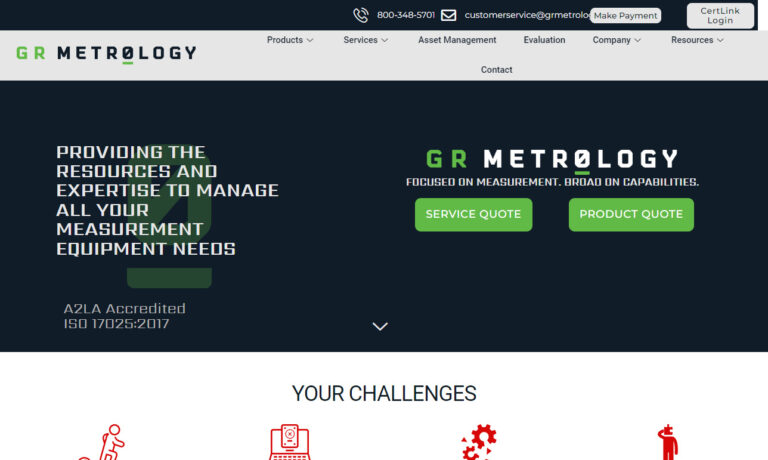
More Load Cell Calibration Manufacturers
This process of calibration is important because accurate and precise readings from the load cell are important and vital to its proper functioning. An incorrect measurement of the electrical signal may be a safety hazard or could lead to equipment damage. Load cells are generally part of larger systems so other decisions are made based on the reading provided by the transducer which is why they must be checked and calibrated regularly.
Regular calibration also maintains quality standards. Calibration is used not only for load cells but with a wide range of equipment and machines as well as for pressure, speedometers, temperature and torque. Load cells are frequently used for large scale weighing in hoppers, for trucks, tank level, in-line force measuring and weighing research.
Load cells are available in a variety of styles including S-beam, platform and single point, low profile, compression, compression/tension, bending beam and canister. Some are designed to read the force acting on a button while others have larger parts that are bent; all rely on the physical deformation of strain gauges.
As force is applied to the load cell, a strain gauge is bent. The strain is converted into electrical signals, which are amplified; typically one load cell will have at least four strain gauges. The output is then entered into an algorithm to calculate how much force was applied to the transducer. The gauge inside has a spring-like quality that allows it to bounce back after a load is applied. If the loads are changed abruptly, the gauge may vibrate quickly, a consequence called ringing.
During calibration, a certain load with a known exact weight is placed on the load cell. Like other devices that must be periodically calibrated, the load cell is designed to accept calibration by conducting measurements that are within engineering tolerances when used over time in certain environmental conditions. If the load cell has a flawed design then no amount of calibration can correct it.

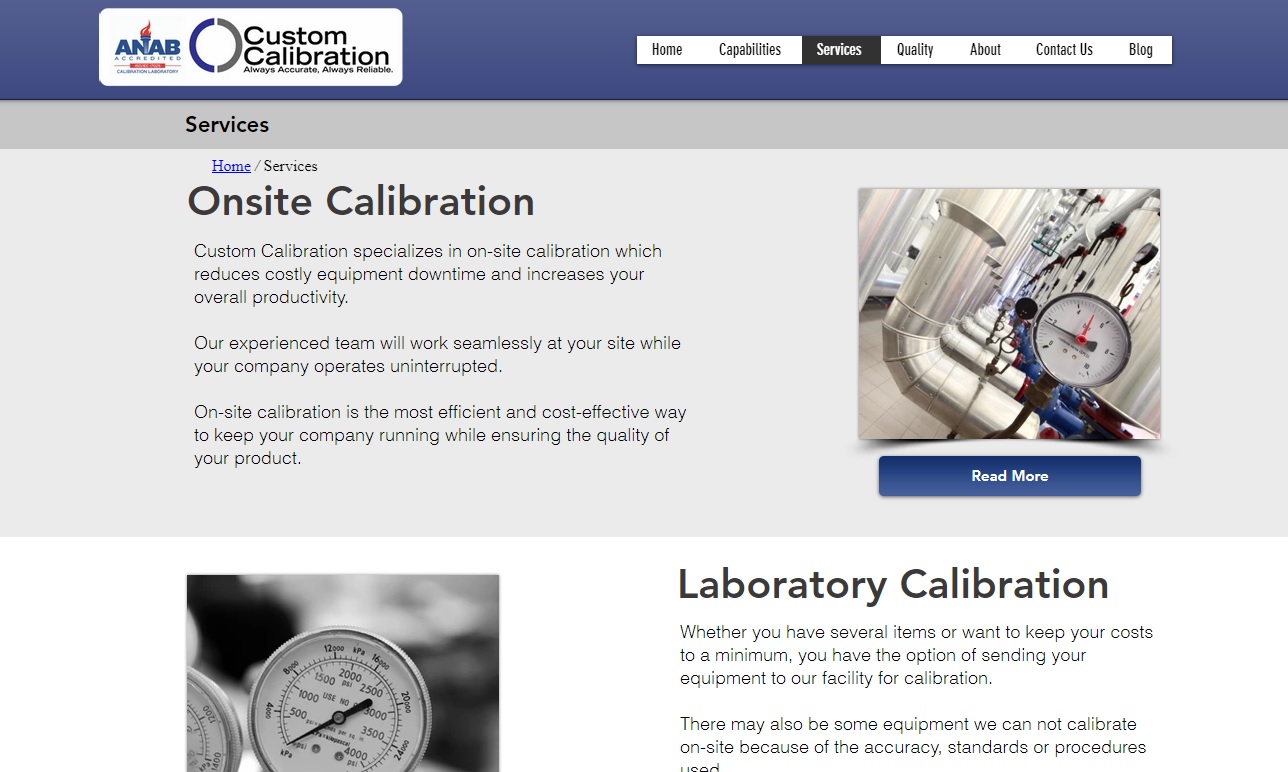
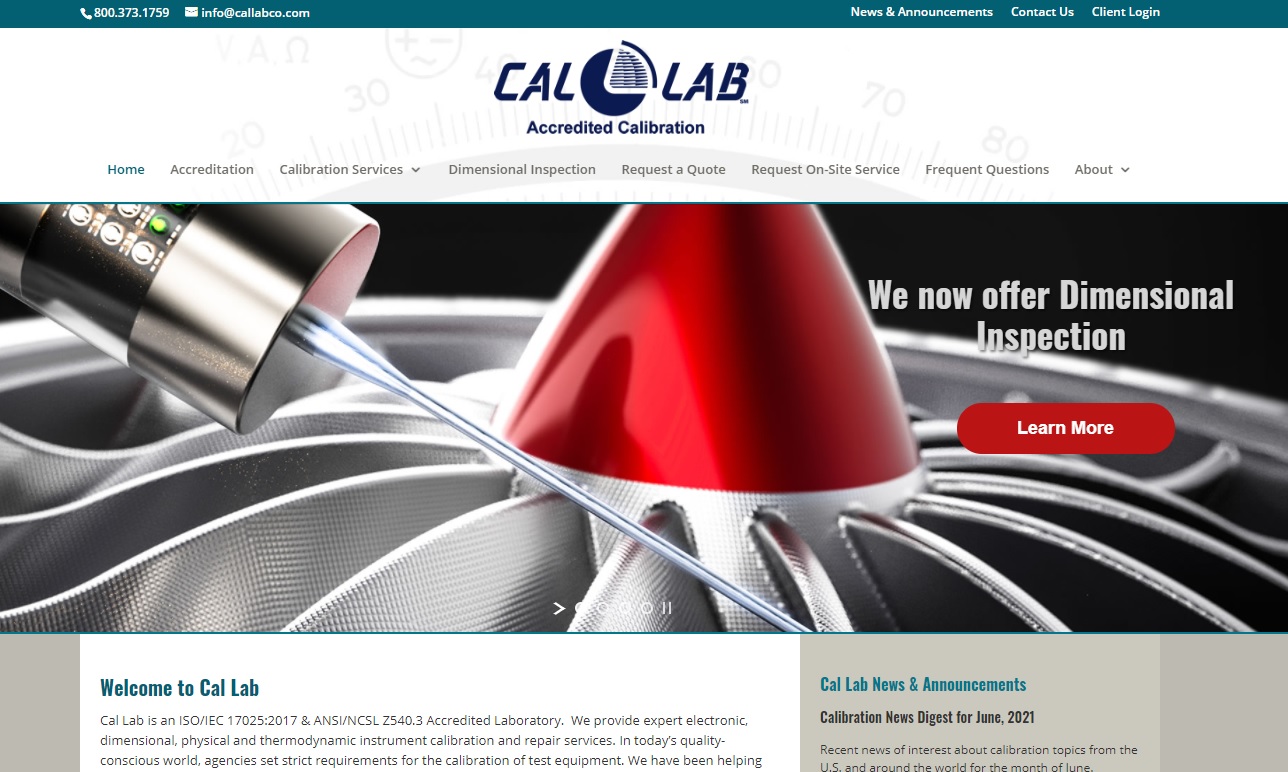
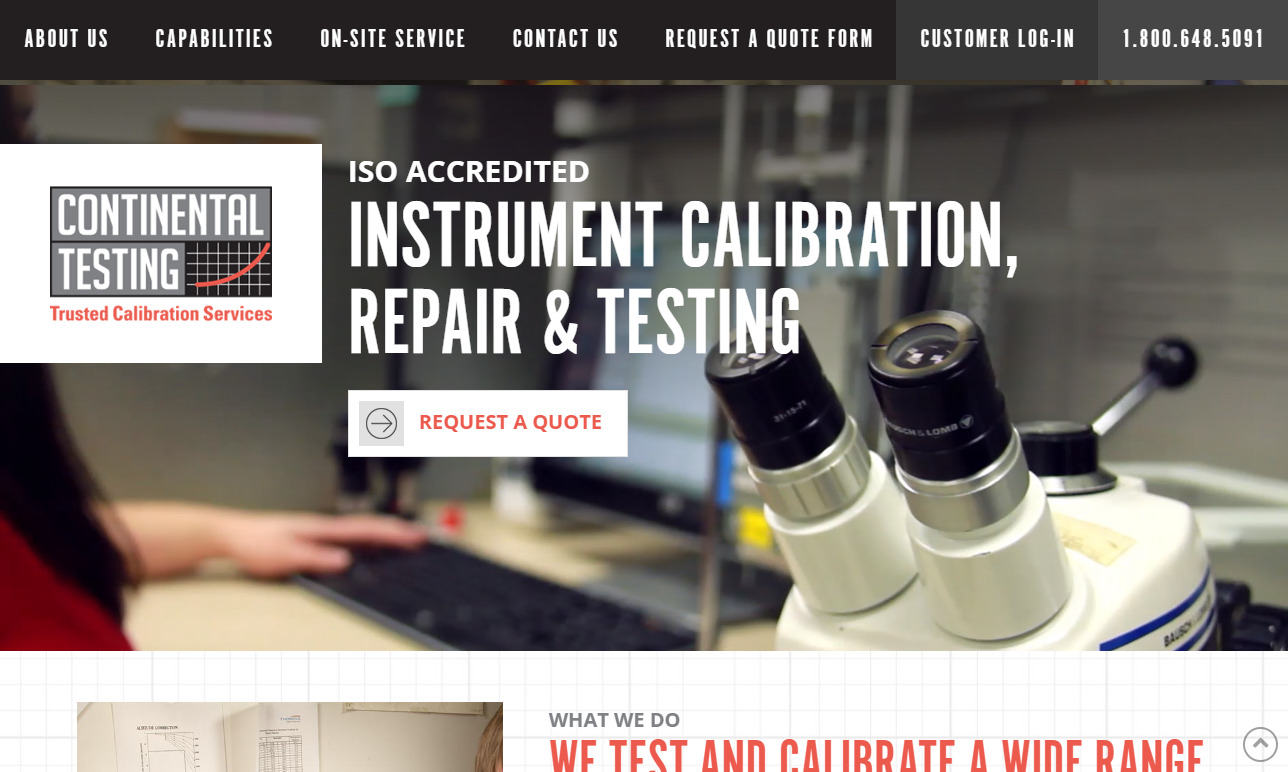
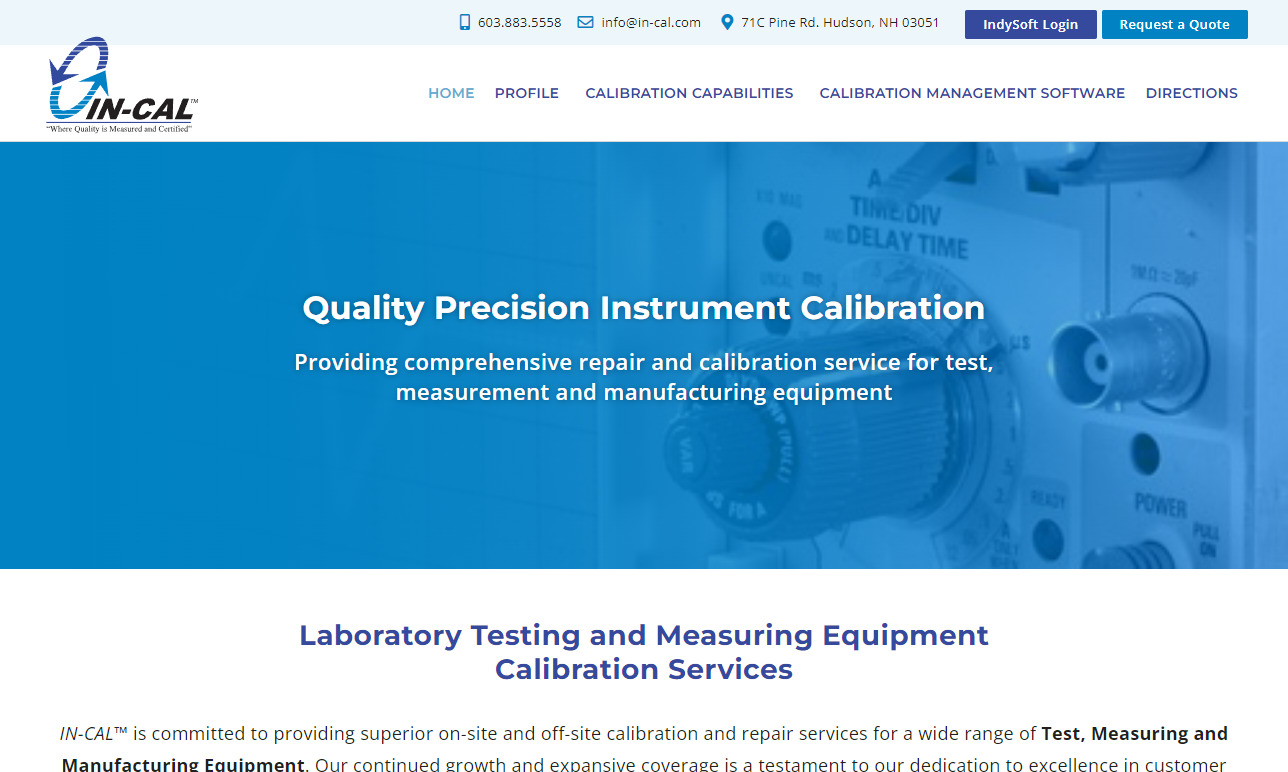

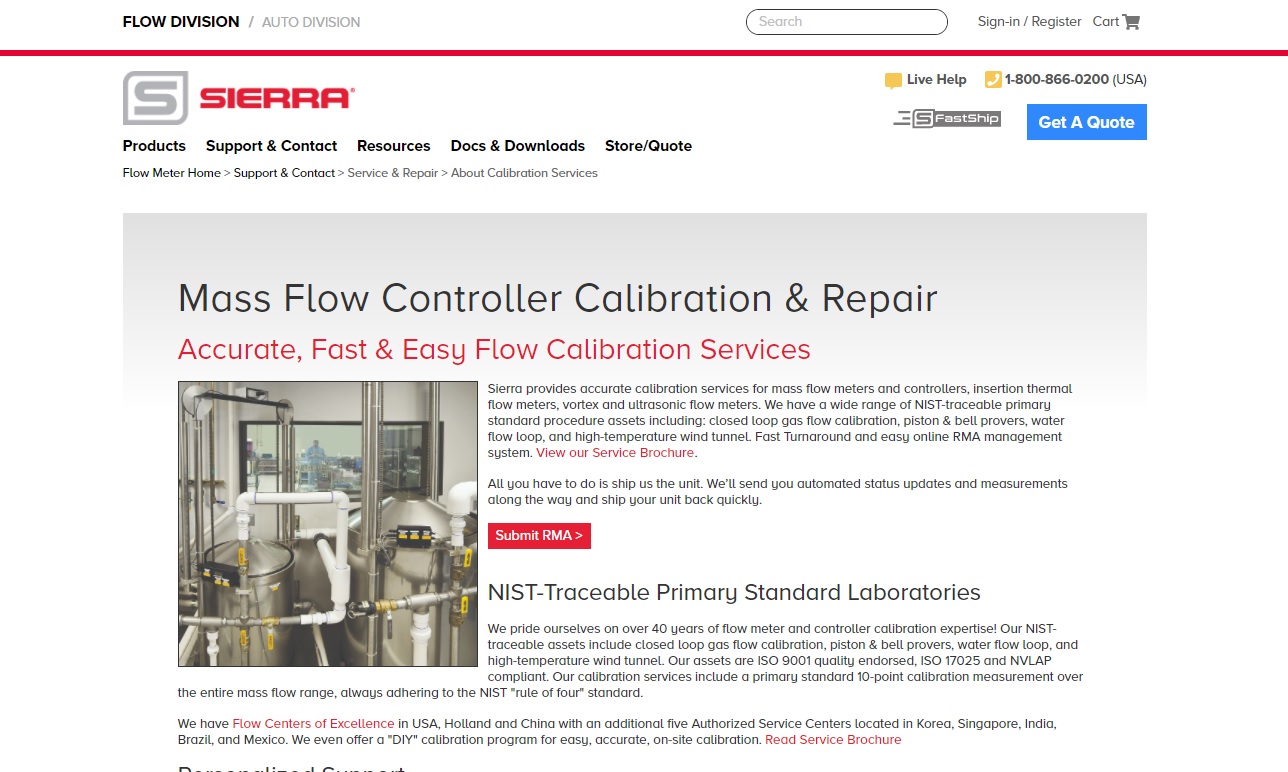
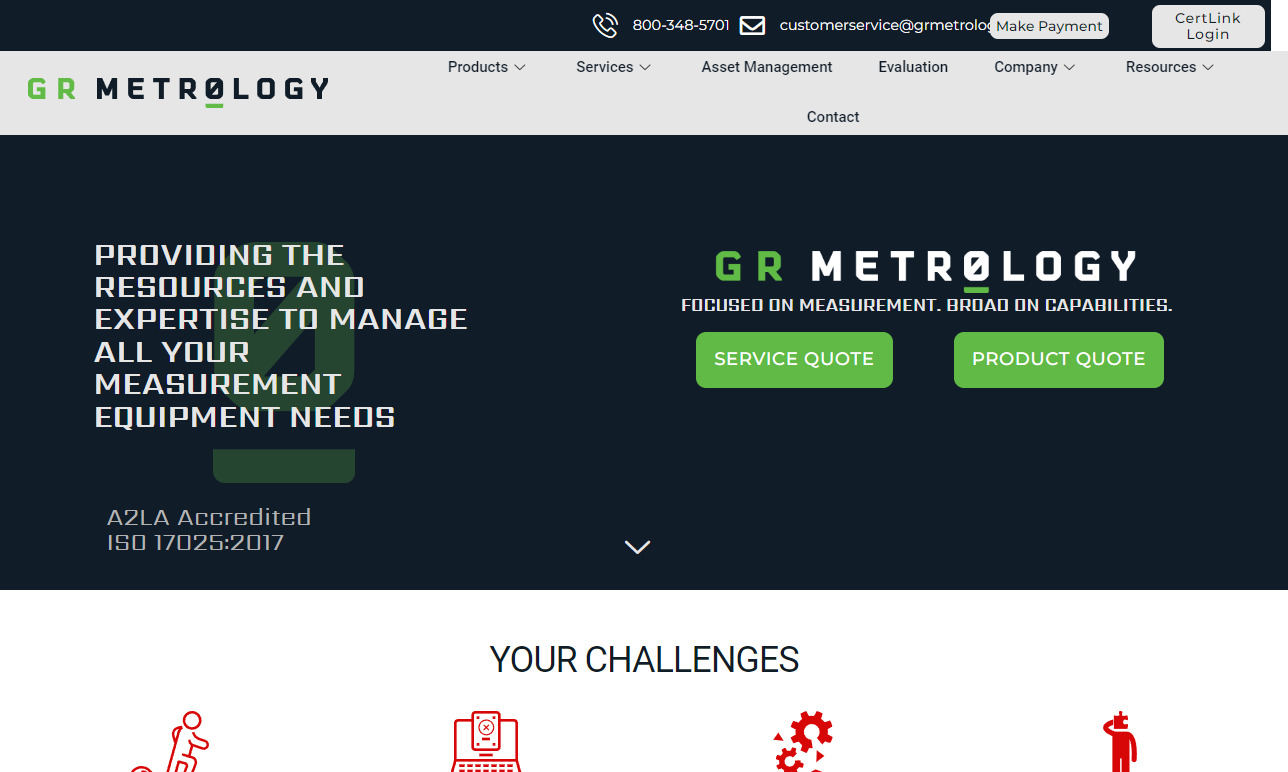
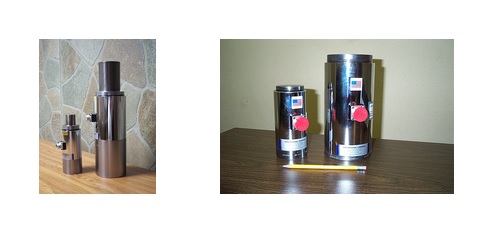
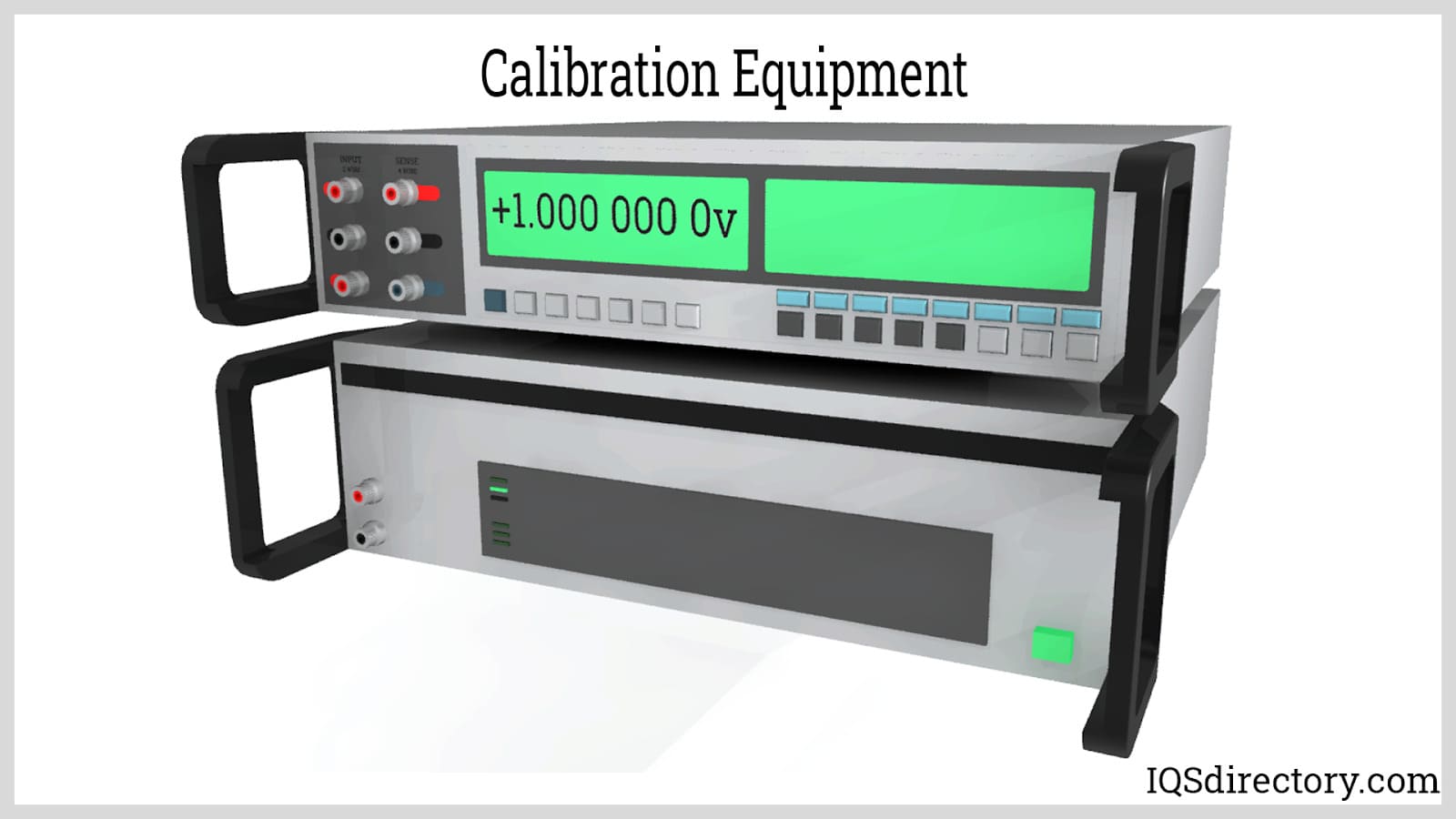
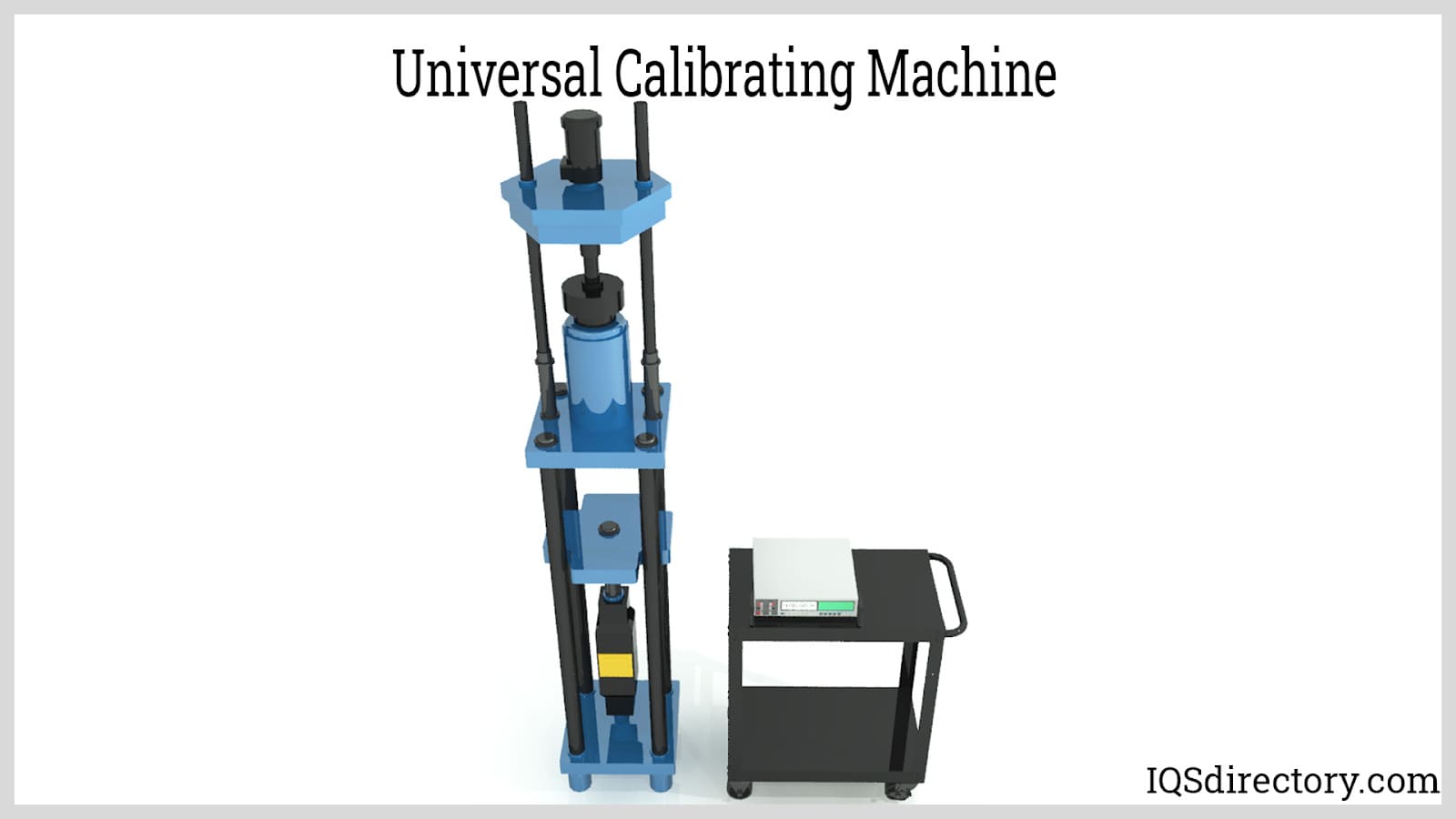
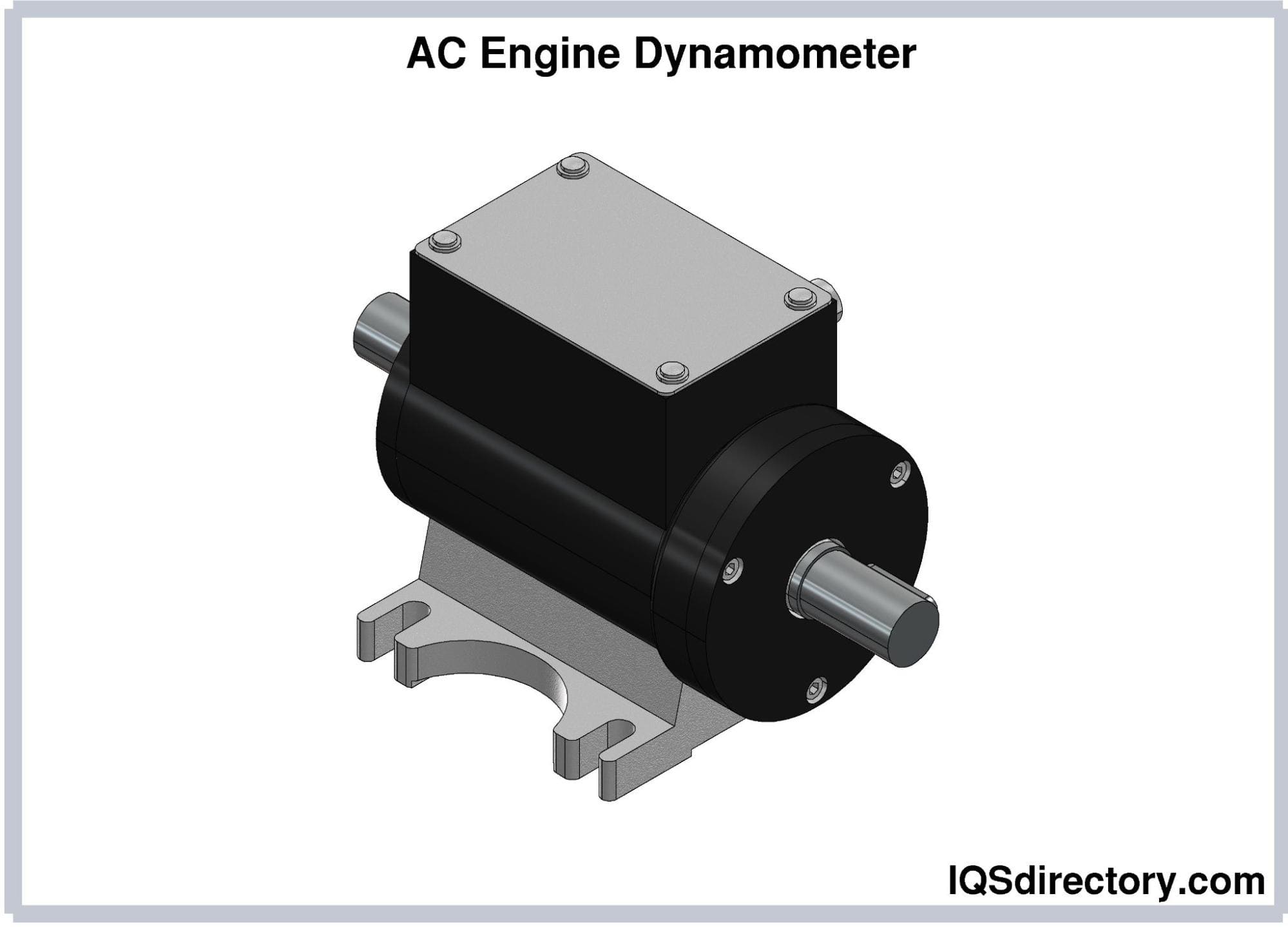
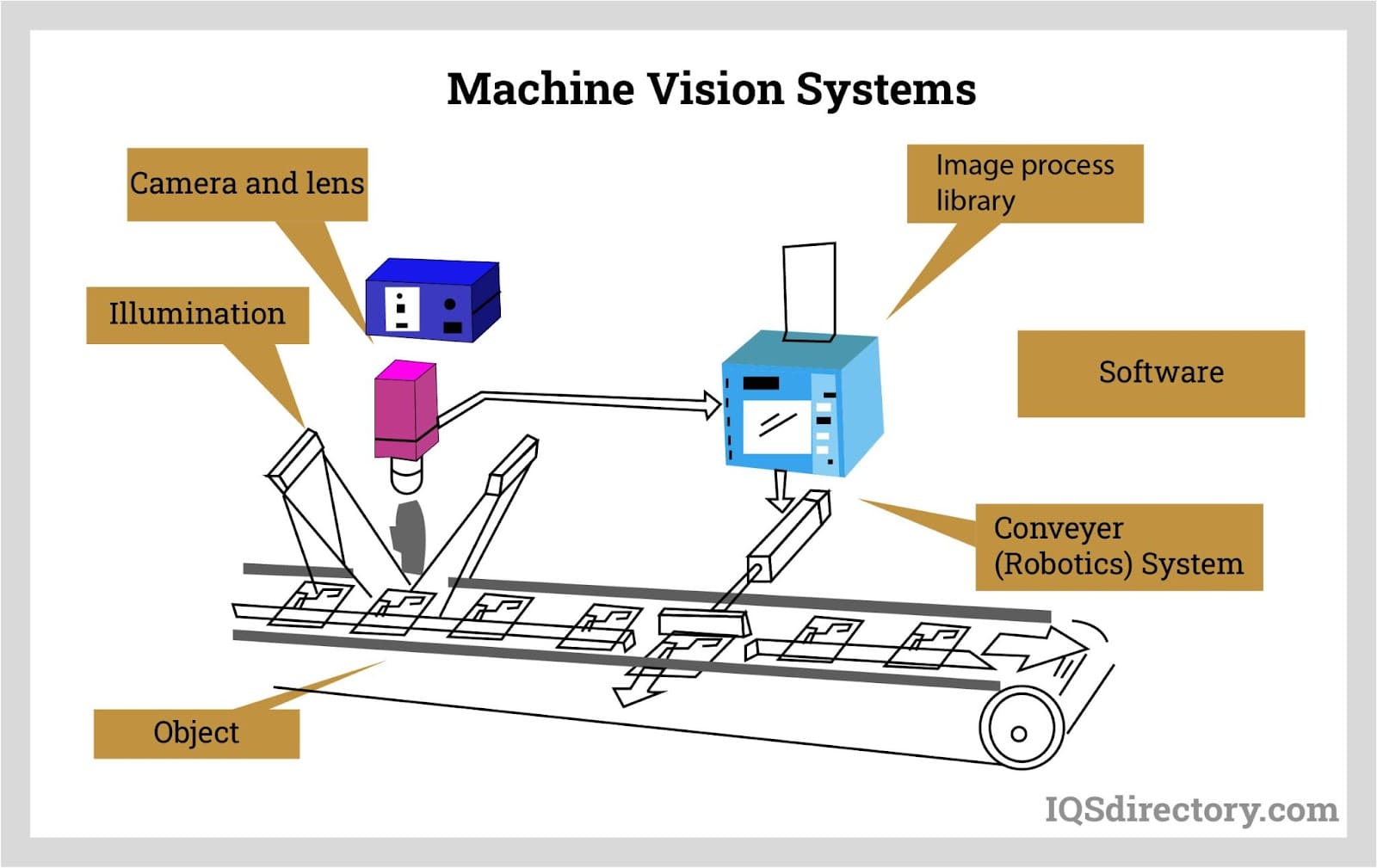
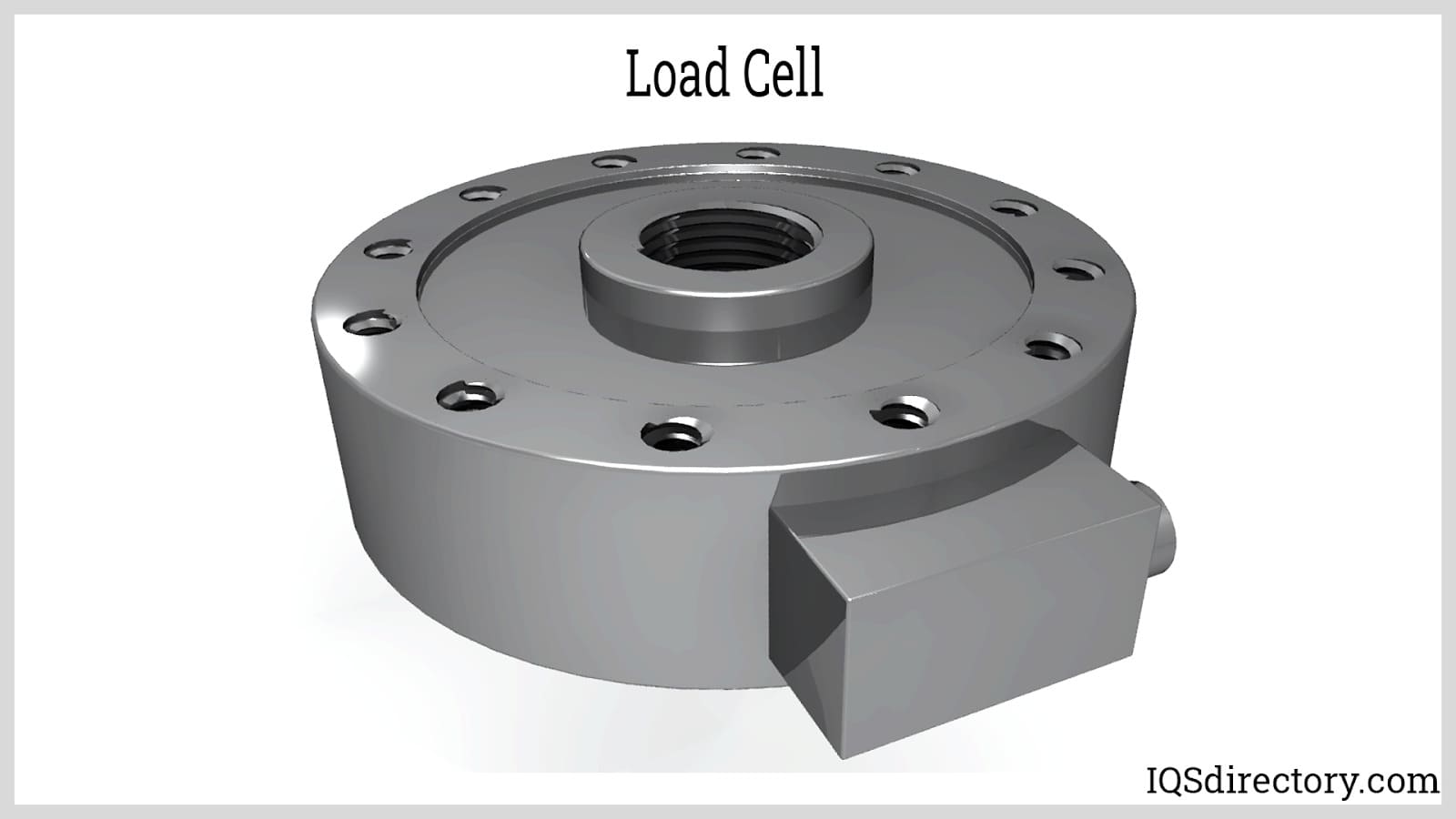
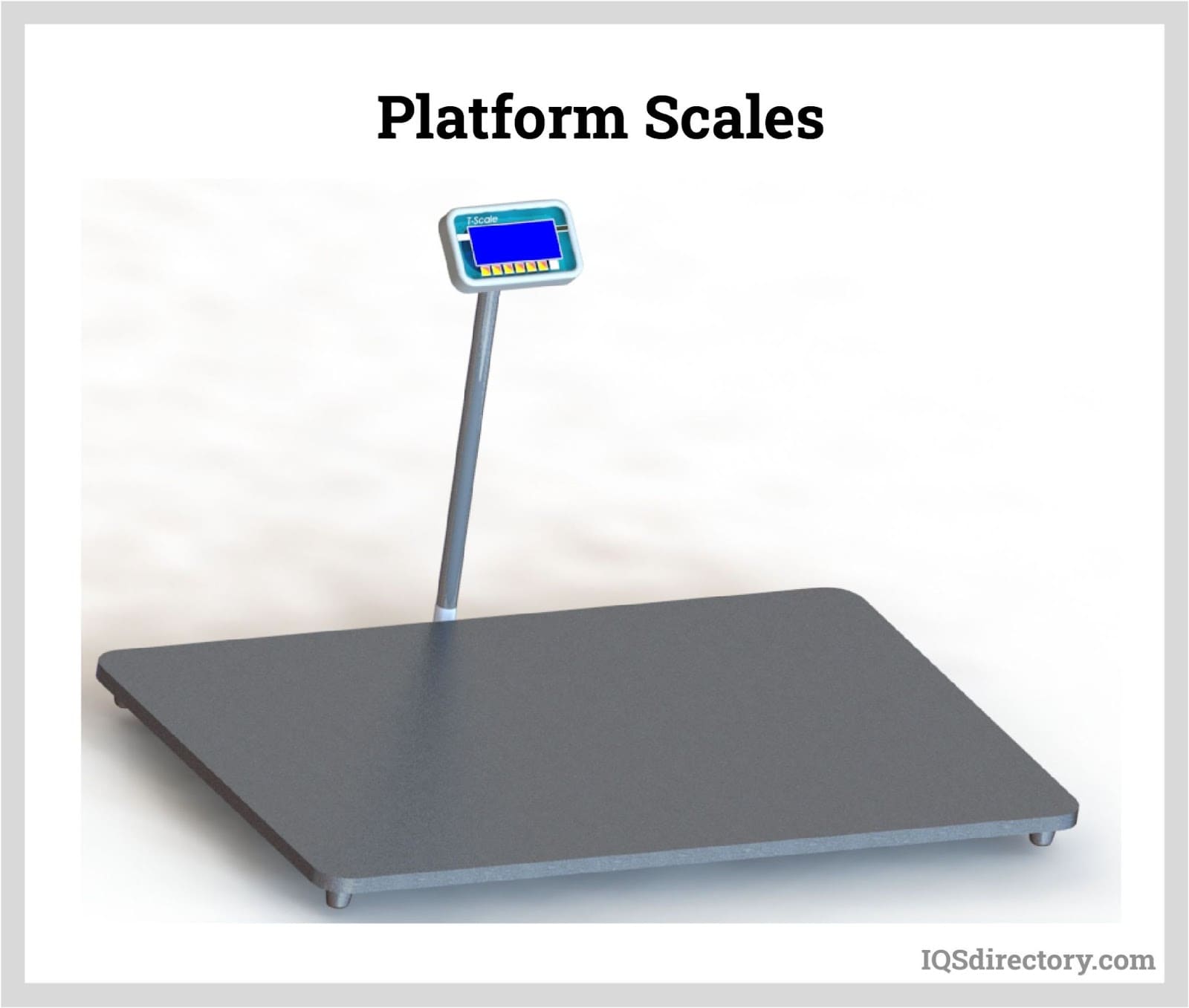
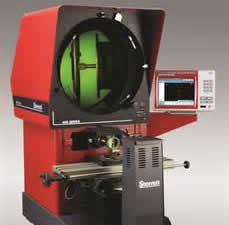 Calibration Services
Calibration Services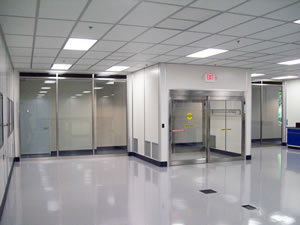 Clean Rooms
Clean Rooms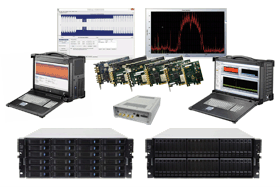 Data Acquisition Systems
Data Acquisition Systems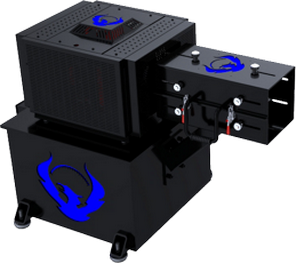 Dynamometers
Dynamometers Environmental Test Chamber
Environmental Test Chamber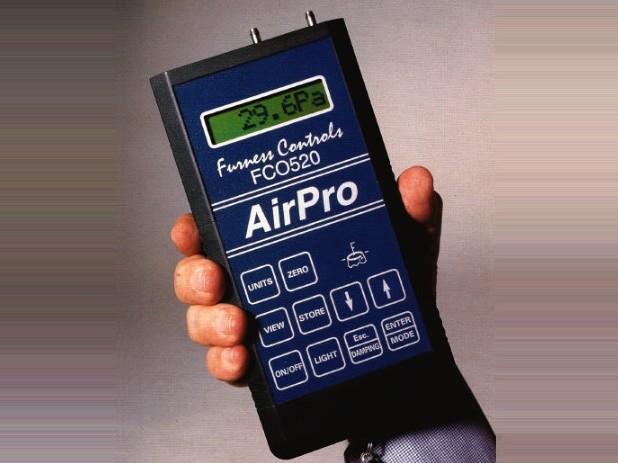 Leak Detectors
Leak Detectors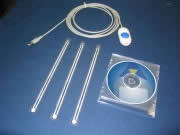 Load Cells
Load Cells Machine Vision Systems
Machine Vision Systems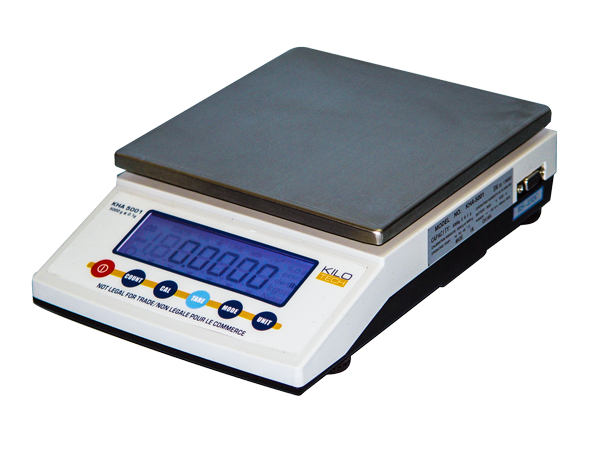 Scales
Scales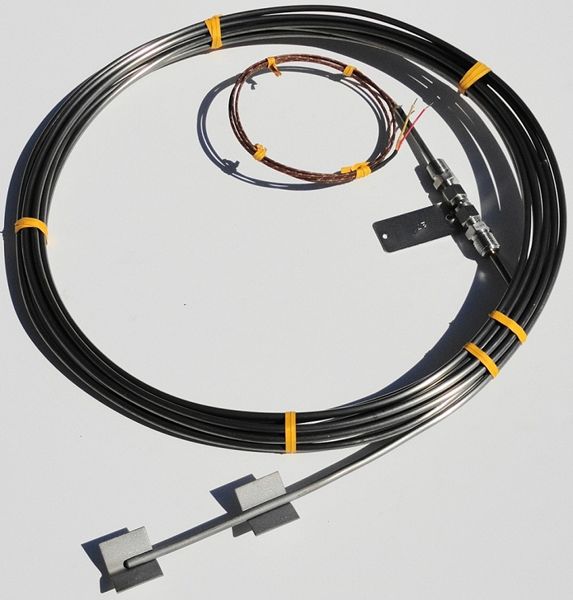 Thermocouples
Thermocouples Castings & Forgings
Castings & Forgings Bulk Material Handling
Bulk Material Handling Electrical & Electronic Components
Electrical & Electronic Components Flow Instrumentation
Flow Instrumentation Hardware
Hardware Material Handling Equipment
Material Handling Equipment Metal Cutting Services
Metal Cutting Services Metal Forming Services
Metal Forming Services Metal Suppliers
Metal Suppliers Motion Control Products
Motion Control Products Plant & Facility Equipment
Plant & Facility Equipment Plant & Facility Supplies
Plant & Facility Supplies Plastic Molding Processes
Plastic Molding Processes Pumps & Valves
Pumps & Valves Recycling Equipment
Recycling Equipment Rubber Products & Services
Rubber Products & Services